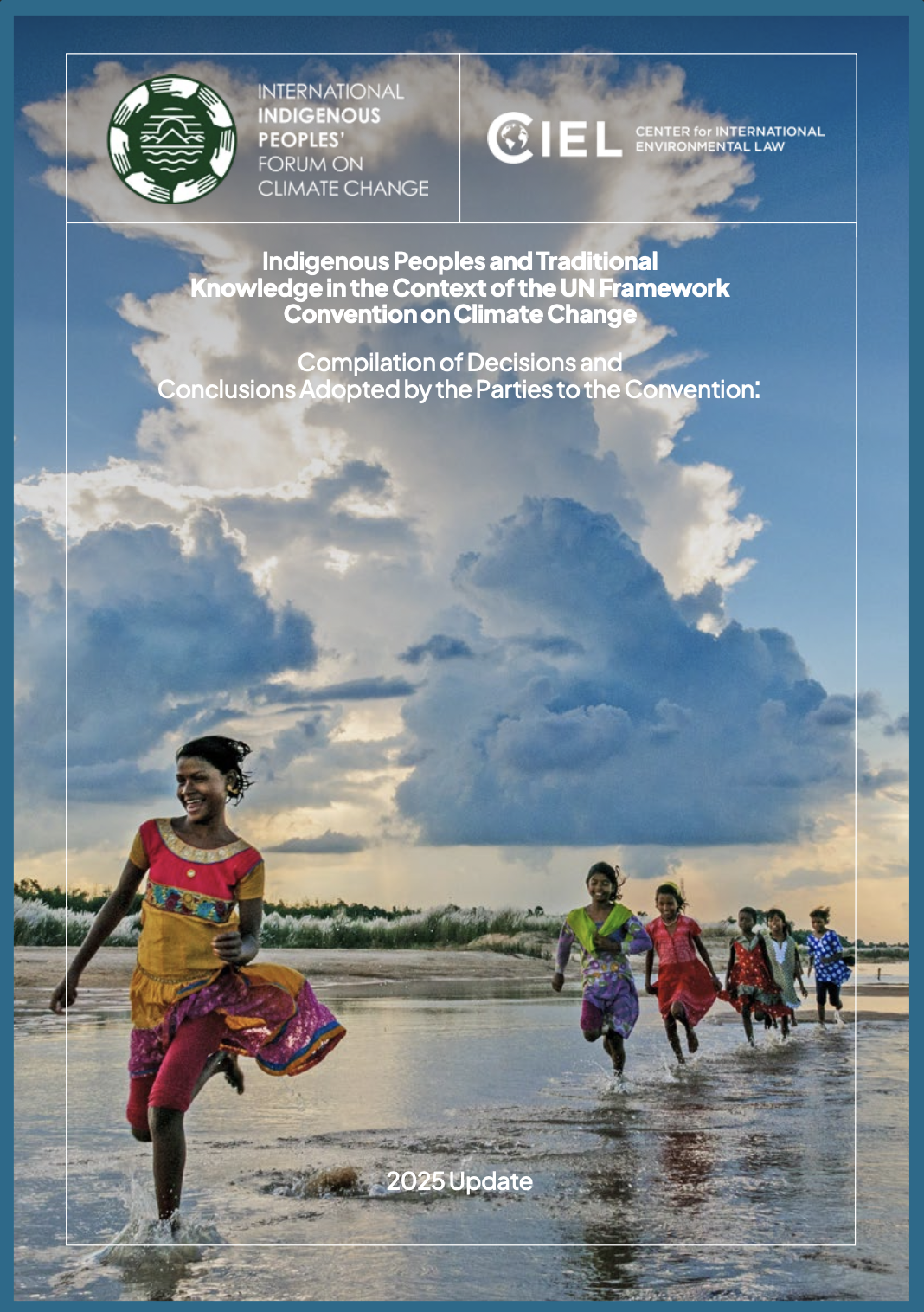We celebrate this first COP held in the Amazon. However, the lack of commitment and ambition from Parties has brought us to irreversible tipping points.
The Presidency calls it the COP of implementation, yet we are still experiencing colonization in our territories, with the expansion of fossil fuels including in the Amazon, mining for transition minerals, carbon trading, the agribusiness industry, nuclear energy and uranium extraction, geoengineering, and large-scale renewable energy infrastructure. This perpetuates conflict, displacement, destruction, and contamination of our sacred places, as well as persecution, criminalization, and murder of our relatives.
We demand that all climate action must be carried out with full respect for the rights of Indigenous Peoples, including our right to self-determination, Free, Prior and Inform Consent, and the protection of lands, waters, and territories.
We therefore make the following recommendations:
The Just Transition Work Programme must uphold international human rights standards, including UNDRIP, explicitly protect Indigenous Peoples in Voluntary Isolation and Initial Contact, and redress the impacts of the extractive model.
Ensure direct, flexible, and culturally appropriate access to all forms of climate finance, considering our own financial mechanisms.
Ensure full and effective representation and participation in all decision-making processes, legal security of our territories, governance structures, and knowledge systems, especially in this COP, in NDCs and NAPs.
Acknowledge Indigenous women, youth, and persons with disabilities’ contributions to climate action, and ensure their meaningful participation.
This is an Indigenous COP, and we are distinct right-holders and protectors of our knowledge. We need actionable results that include our wisdom and science. This is not optional; it is critical to our collective survival.




